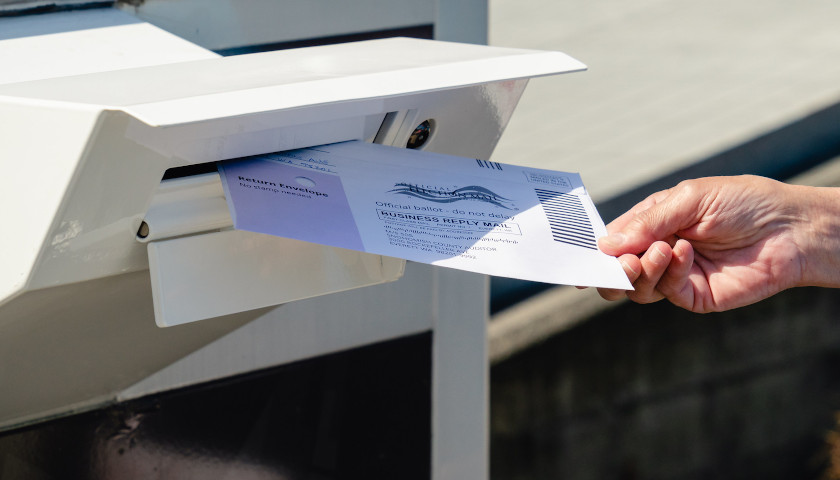Florida legislators, led by Republican leaders, are considering changes (SB 524, HB 7067) to the absentee ballot verification process that has one critic calling the proposal “a recipe for disaster” and another implying the new rules are racist.
Under current law, voters enclose completed mail-in ballots inside “secrecy” envelopes or sleeves before putting them inside another envelope to be mailed to county supervisors of elections or submitted at drop boxes manned by supervisors’ staff.
The new legislative proposals would require voters to put their double-enveloped ballots inside a third envelope and mark the last four digits of their driver’s license numbers, social security numbers, or state ID numbers – whichever number is on file with the election supervisor’s office – to be counted.
Lake County Supervisor of Elections Alan Hays, a Republican who is a former state senator, said the proposal is “a recipe for disaster.”
“Getting voters to follow instructions is not easy,” Hays told the Senate Ethics and Elections Committee on February 1. “If you think they’re going to follow the instructions with all of these envelopes, you’ve got another thought coming.”
However, Florida Senate bill sponsor Travis Hutson (R-Saint Augustine) told the Senate committee that it should be easy for people to provide their ID on mail-in ballots because the same information is needed to request one.
“I don’t know why it’s so difficult for you to give your information again. So I don’t know if it’s going to create the chilling effect people are talking about,” Hutson said.
The League of Women Voters of Florida President Cecile Scoon believes the proposal is designed to keep black people from voting.
However, a review of how absentee ballots are processed indicates that other states have requirements that are at least as stringent as those included in the Florida proposal.
For example, in 12 states laws require a signature from a witness or a notary in addition to a voter signature for an absentee ballot to be counted. This means a voter has to seek out another person willing to assert the absentee ballot was processed properly.
These states are Alabama (two witnesses or a notary), Alaska (witness or notary), Louisiana, Minnesota (witness or notary), Mississippi (notary), Missouri (notary) North Carolina (two witnesses or a notary), Oklahoma (notary), Rhode Island (two witnesses or a notary), South Carolina (witness), Virginia (witness), and Wisconsin (witness).
In four states, more detailed information is required to ensure an absentee ballot is counted.
Arkansas requires a copy of the voter’s ID to be returned with the absentee/mail ballot. Georgia requires the voter’s driver’s license number or state identification card number, which is compared with the voter’s registration record. Minnesota requires a voter’s driver’s license number, state identification number, or the last four digits of the social security number. And Ohio requires a voter’s driver’s license number or the last four digits of the social security number.
The current law in Florida related to absentee ballot processing requires only a voter signature.
– – –
Steve Stewart is a senior contributor at The Florida Capital Star. Email tips to [email protected].








